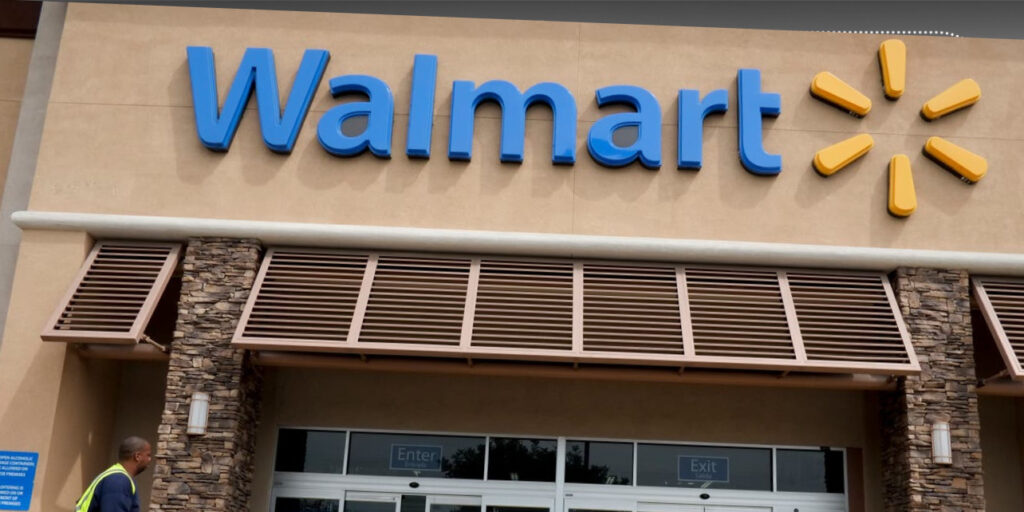Walmart has announced significant changes to its diversity, equity, and inclusion (DEI) programs following criticism from conservative activist Robby Starbuck, who threatened a boycott ahead of Black Friday.
Starbuck, a former music video director turned campaigner against corporate DEI initiatives, claimed he successfully pressured the retail giant to end several policies, including racial equity training for employees and funding anti-racist non-profits.
The Arkansas-based company confirmed the changes, stating its commitment to being “a Walmart for everyone” while reviewing its approach to diversity efforts. As part of the adjustments, Walmart will:
- Review funding for LGBT+ Pride events, ensuring it does not support content deemed inappropriate for children, such as family pavilions located near drag shows.
- Stop selling “transgender products” marketed to children.
- Cease participating in the Human Rights Council’s LGBT+ equality index.
- Eliminate the use of terms like “DEI” and “LatinX” in official communications.
- Avoid considering race and gender as factors in awarding supplier contracts.
The retailer’s decision follows similar moves by companies such as Boeing, Harley Davidson, and John Deere, which have also faced pressure from conservative activists.
In a statement to The Independent, a Walmart spokesperson reiterated the company’s broad commitment to inclusivity while addressing specific concerns raised by Starbuck and others.
“This is the biggest win yet for our movement to end wokeness in corporate America,” Starbuck declared in a post on X, formerly known as Twitter.
He hailed Walmart’s policy shift as a sign of growing momentum against progressive corporate initiatives, stating:
“America wants normalcy back. The era of wokeness is dying before our eyes. We are winning, and one by one, we WILL bring sanity back to corporate America.”
Walmart’s DEI programs were significantly expanded after the George Floyd protests in 2020. However, these initiatives have since become a focal point for conservative criticism, with Donald Trump and his allies making them a key battleground in their broader opposition to corporate progressivism.
Starbuck further suggested that Walmart’s competitors, such as Amazon and Target, could face heightened scrutiny:
“Companies like Amazon and Target should be very nervous that their top competitor dropped woke policies first. Target, in particular, will suffer serious sales problems as a result, and Walmart will benefit.”
As the largest private employer in the United States, with a workforce of 2.1 million, Walmart’s pivot marks a significant moment in the ongoing cultural debate over corporate social responsibility and its place in modern America.


